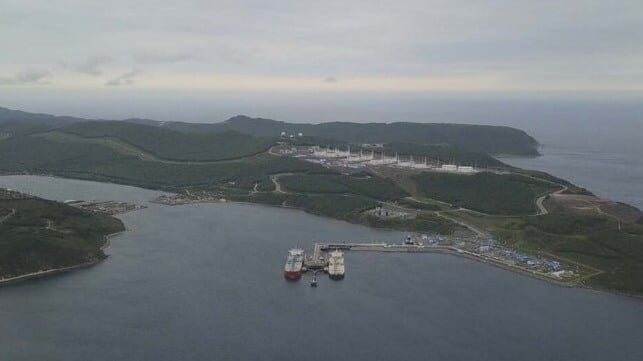International Group: Russian Oil Price Cap is Unenforceable

The International Group of P&I Clubs has informed the British Parliament that the G7 nations' partial sanctions on Russian oil shipping has become "unenforceable." It confirms longstanding warnings about the "price cap" on the Russian oil trade: it has given rise to a parallel tanker industry outside the cap's boundaries. In this "shadow fleet" of aging ships and murky ownership, there is little oversight of standards and safety - and insurance may only exist on paper.
The International Group represents 12 of the world's most reputable insurers, covering about 87 percent of all oceangoing merchant tonnage. Its members are subject to the G7 price cap, and since it was implemented, they have lost about 800 tankers in the Russia-serving fleet to less-established insurers outside the G7 - many of which have uncertain financial strength.
One of the reasons, according to the International Group, is the complicated structure of the cap itself. The price cap allows Western service providers to work with Russian oil cargoes, so long as the cargo is priced below $60 per barrel. Since the P&I insurance provider has no direct knowledge of the cargo's sale price, they are allowed to rely upon the oil trader's attestation alone. If the trader says that the oil was purchased for $59 per barrel, that is good enough for compliance, at least in theory.
In practice, Russian oil is worth more than $60. Market data shows that the Russian ESPO and Sokol grades have traded above $60 per barrel since before the price cap began. The benchmark Urals grade breached the $60 mark last summer and has largely stayed above it, save for a few brief dips.
Since all these grades are averaging above $80 per barrel in the aggregate data, there may be reason to question a trader's attestation of a sub-$60 deal. But the details of how the insurer should check up on the accuracy of the attestation are unclear, leading some G7 insurers to turn down Russian oil cargoes even when they appear compliant.
"The attestation is a flawed regime which potentially exposes both the P&I Club and a shipowner, operator, charterer to a breach," the International Group said. Further, the lack of clarity and possible liability have "resulted in a migration of trade activities outside of the jurisdiction of the G7 and its coalition."
The mechanism only applies to companies within the G7, so the 800-strong "dark fleet" has found safe havens elsewhere. In these new overseas venues, tanker operators and less-established insurers can continue business without trouble from sanctions or safety regulators.
"The [oil price cap], therefore, appears increasingly unenforceable as more ships and associated services move into this parallel trade," the group concluded.

that matters most
Get the latest maritime news delivered to your inbox daily.
These shadowy tankers may still claim to have P&I cover from reputable G7 insurers, even if they do not. "The little piece of paper a dark ship may have that says it’s insured is not worth the paper it’s written on," Simon Lockwood, an executive with insurance broker WTW, told Politico last year.
In confirmation, Danish authorities recently found that a shadow fleet tanker provided false insurance paperwork after a collision in March.
